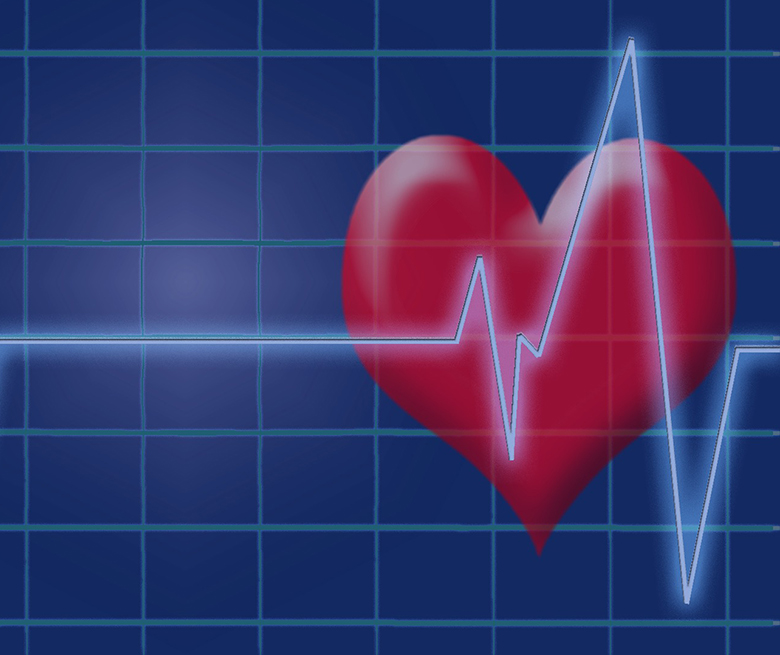A common metaphor in economic literature likens problems in economies to maladies that afflict human bodies: ‘the health of the economy’; ‘the sick man of Asia’; ‘the body politic’.
It is not an encouraging comparison. Middle-aged readers trying to stay healthy will know how difficult that is.
There are risks in doing too much and too little. Too much exercise leaves a person tired and broken; too little risks atrophy. Too much food leaves a body bloated and overweight (as Asiamoney can well attest); too little leaves it weak and vulnerable.
The sum total of exercise or food is not the only consideration for a healthy life, of course. Timing is crucial. Those hoping to have a long and healthy span but planning to delay all that pesky exercise until their later years are likely to be disappointed, as would anyone who believed a few years of school sports gives them licence to raise hell in their later years.
Shock therapy
Timing is equally important in managing an economy. Few believe that central banks did too little in response to the global financial crisis, but there are certainly questions about whether or not they were too late.
After a raft of rate cuts, asset purchases and other stimulus measures, central banks could hardly be accused of responding too late this time.
Did they do enough, though? Or did they do too much?
These are questions that cannot be answered with any certainty while the crisis is still on. The impact of our personal choices is similarly not apparent until years later, by which time it can be too late.
It is a fearful thing to contemplate that when you are driving along the road, a heavy horse may at any moment drop from the sky on top of you
– Harry Vaisey, UK high court judge
Most governments in Asia have resorted to some form of economic shock therapy.
China budgeted fiscal stimulus of around 5.25% of gross domestic product in May. That is quite a jump from the previous year, although down on the 7% stimulus package it launched after the financial crisis, according to research from Standard Chartered.
Singapore, Hong Kong, Taiwan and Thailand have also all committed to big stimulus packages.
But like doctors, there is only so much the monetary and fiscal authorities can do. There are persistent external factors that weigh on the health of people and economies.
Black swan
Pollution worsens the health of people; climate change threatens the long-term growth of economies. There also black swan events.
Harry Vaisey, a UK high court judge, put it best: “It is a fearful thing to contemplate that when you are driving along the road, a heavy horse may at any moment drop from the sky on top of you.”
The coronavirus is such a horse.
The corporeal metaphor is not perfect. The economy lacks a will. Economics is hazy and haphazard compared with medical science.
Economic policy consistently has to juggle competing interests; in most cases, doctors do not need to weigh up the benefit of one limb against another.
But viewing the economy as a body should remind us to be patient. It takes time to recover from sickness.
The road to recovery is slow, frustrating and occasionally painful. The same is true of economic recovery.
Barring a second wave of infections, or another horse falling from the sky, we will all recover from the coronavirus crisis. But we will do so the same way anyone recovers from an illness – one day at a time.


 Signal2forex.com - Best Forex robots and signals
Signal2forex.com - Best Forex robots and signals




